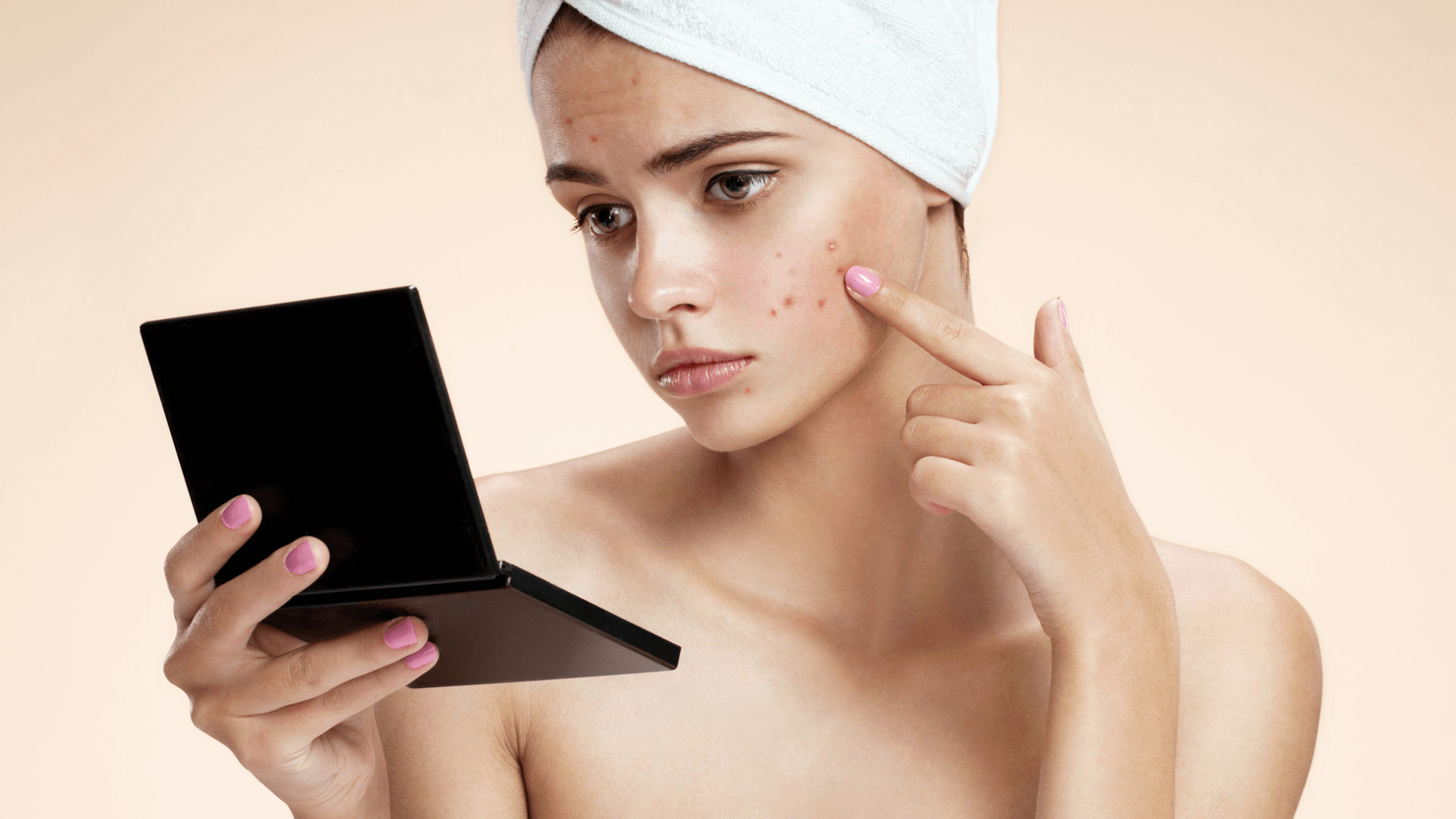Interview with Dr. Evans: Adult Acne, What Causes It?
&srotate=0)
What are the potential causes of acne? I know acne can still be prevalent in adults —why is that?
Acne is a complicated disease which involves many triggers including genetics, hormonal influence and bacteria. Unfortunately, while acne is more prevalent in teenagers when oil production and hormonal changes are at their highest, many adults experience acne as well. This is due to a variety of factors including the hormonal changes of peri-menopause and menopause in addition to external triggers such a products which may “block pores” and cause break outs.
In our original article, we mention salicylic acid, benzoyl peroxide and adapalene as some of the most important ingredients for fighting acne — do you agree?
These ingredients are helpful in preventing and treating acne but can be very drying for the skin. If used, they must be balanced with hydrating moisturizers so that the skin does not become over-dried and then produce more oil to combat the dryness.
Are there any additional ingredients that people with acne-prone skin should be looking out for?
Retinoids are great medications to improve acne such as tretinoin, tazarotene and adapalene.
What are some of the main benefits of salicylic acid, benzoyl peroxide and adapalene? Can these products be used every day?
Pros and Cons of each product:
- Salicylic-acid-works by decreasing the sebum or oil production in the skin as well as breaking the bonds between dead skin cells which helps to exfoliate the skin to keep it clear from acne. While it can be used every day, it is very drying for the skin. I recommend every other day or a couple of times a week. For patients with dry or sensitive skin I do not recommend salicylic acid.
- Benzoyl Peroxide- works by decreasing the bacteria p.acne in the skin. It is also very helpful for inflammatory acne such as red bumps that contain pus known as pustules, cysts and nodules. The limitations are that benzoyl peroxide is very drying and can cause redness and inflammation in the skin. It should not be used by people with sensitive skin and other dermatological diseases such as eczema, atopic dermatitis or rosacea.
- Adapalene- is a third generation retinoid used to treat mild to moderate acne. It is especially helpful in the treatment of comedonal acne or blackheads and whiteheads. It can be drying for the skin and should be used with an oil-fee moisturizer and gentle cleanser.
What are some acne-fighting skin care products that you would recommend to readers with acne-prone skin?
Acne can make skin very sensitive and irritated and it is important for people to use gentle cleansers and oil-free moisturizers in addition to medical treatments for acne. Facial oils are not recommended. Instead use products that say “non-comedonal”, which will not cause acne. Products that offer hydration but are oil-free can be very helpful such as CeraVe hydrating cleanser and everyday moisturizer. Another good option is Elta MD clear sunscreen with Niacinamide which is a natural anti-inflammatory.
What tips do you have for anyone with acne-prone skin that is shopping for skin care products?
Instead of covering up acne with make-up and cover up which can be occlusive and flare your acne, consider using an oil free tinted sunscreen instead such as Elta MD spf 46 with tint or Alastin tinted moisturizer with sunscreen spf 40.
If you have questions about your acne, schedule a consultation!